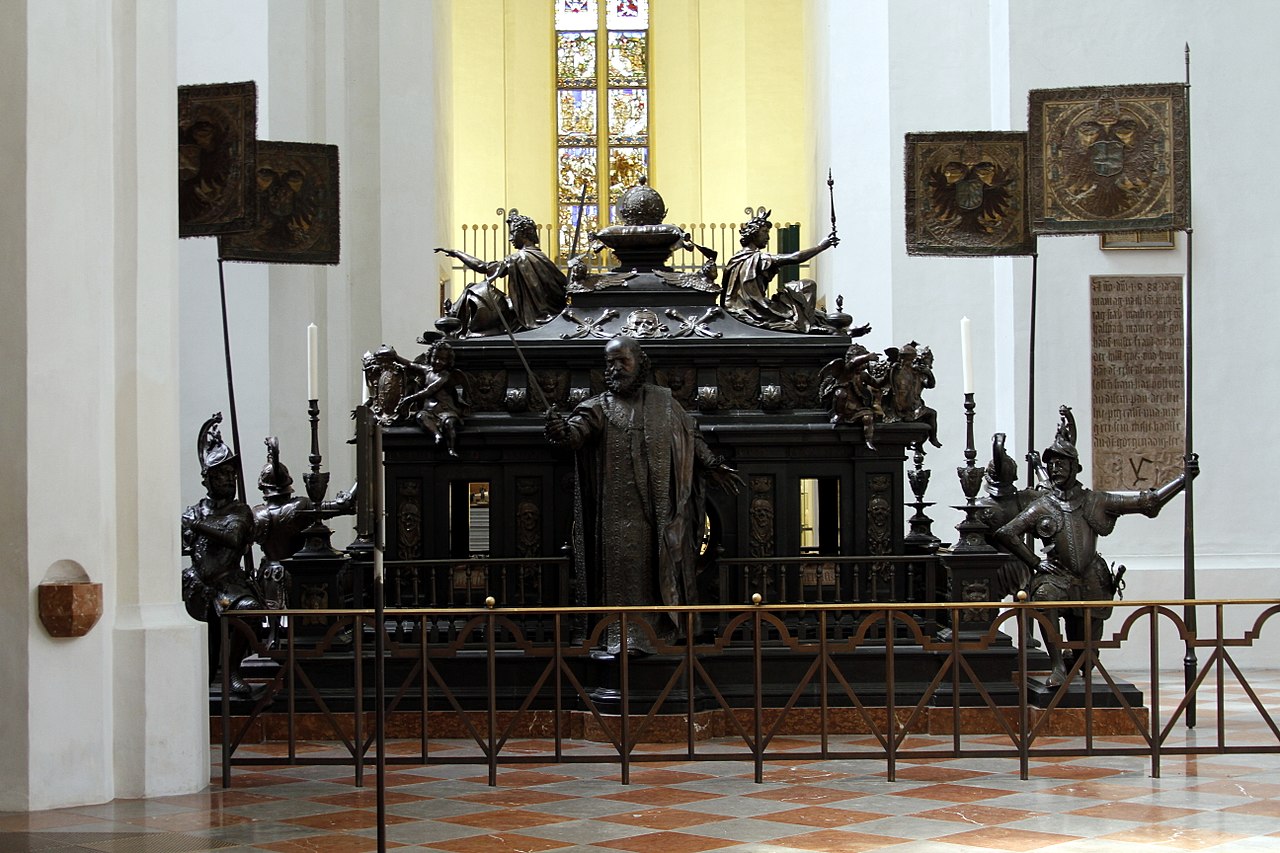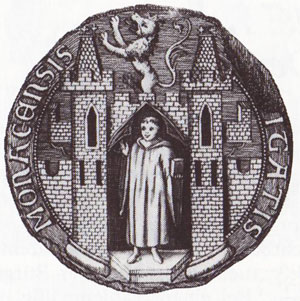Childhood
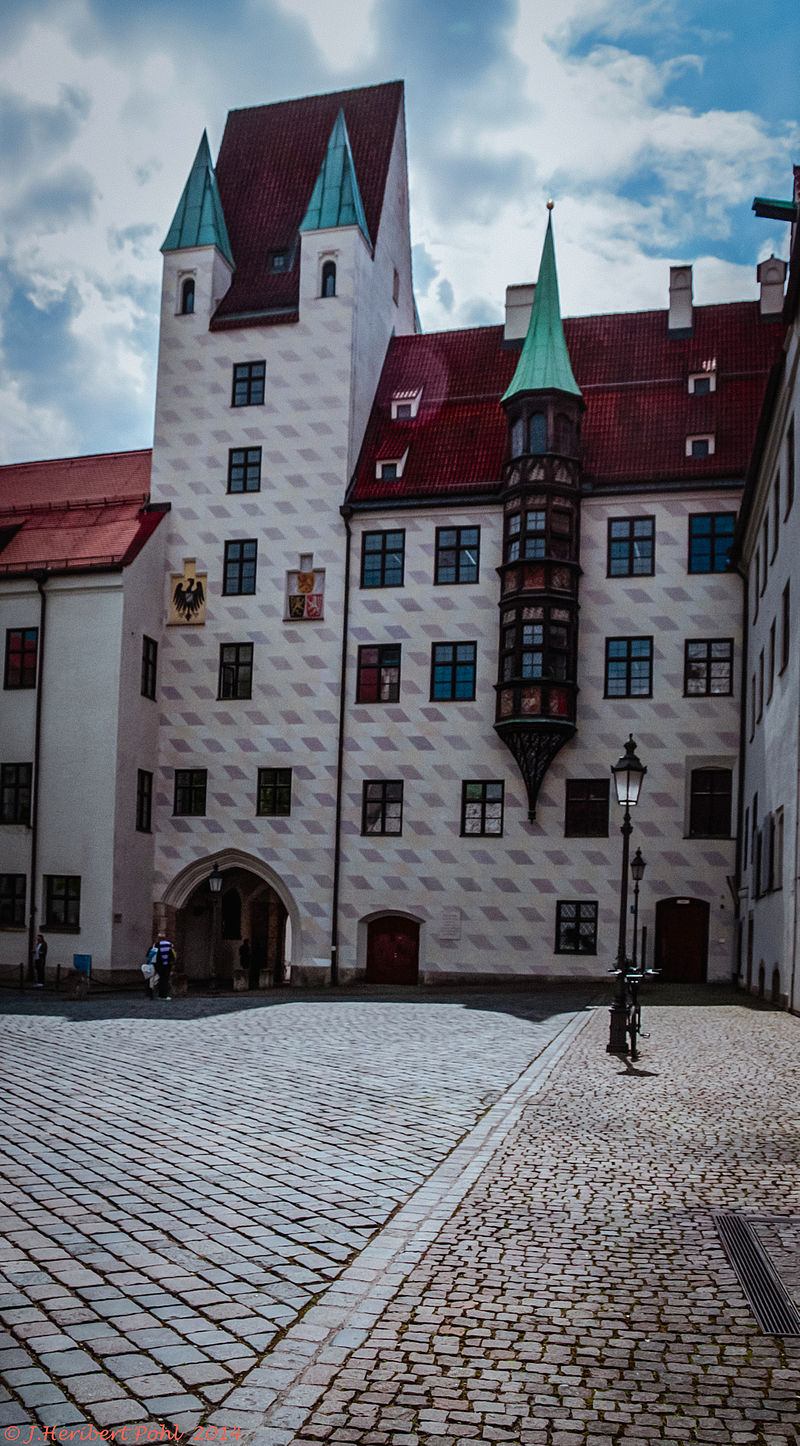
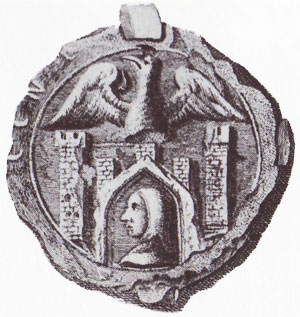
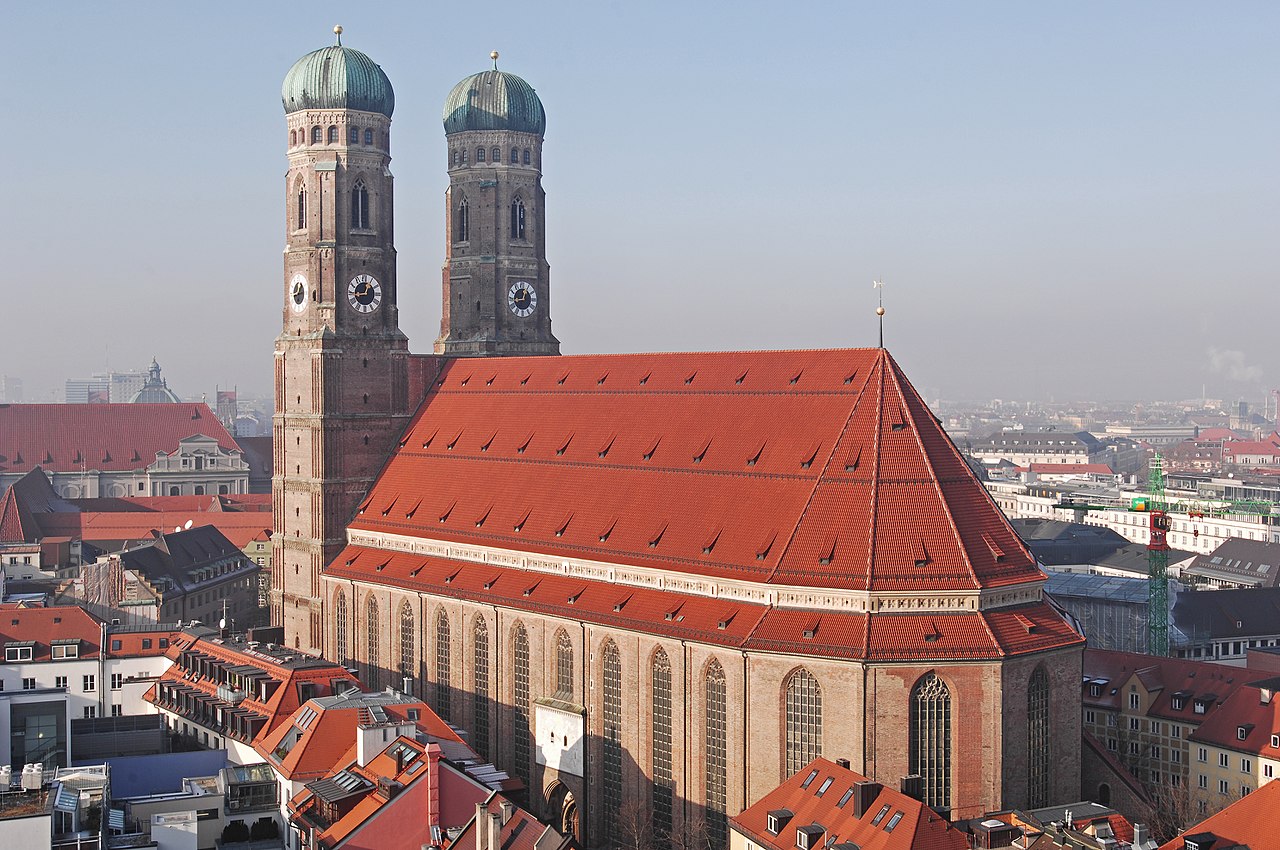
Munich’s distinction as the place of the official ducal residence had an immediate effect. It catapulted its population which increased five-fold between 1250 & 1300, while members of at least three religious orders established their monasteries, convents and hospitals within the city walls. Alter Hof in what was then the northeastern part of the city became the ducal palace & the chapel of the Virgin Mary (later Cathedral of Our Lady-Frauenkirche) was erected within the city walls to serve as the second city parish.
Louis II was the first to erect a second ring wall to include the rising population & its newly formed suburbs. The growth of the city & the rise of its status would become more clear however when Louis IV, later called the Bavarian, took over things in the beginning of the 14th century. Although second in line, the Munich born Louis IV managed to gain the support of his uncle Albert I, King of Germany who forced his elder brother Rudolf I “the Stammerer” to accept him as co-regent in Upper Bavaria in 1301. After King Albert’s assassination in 1308 the brotherly discord escalated into a civil war which ended in 1313 at Munich, with the peace agreement providing Louis the opportunity to secure his election as German King.
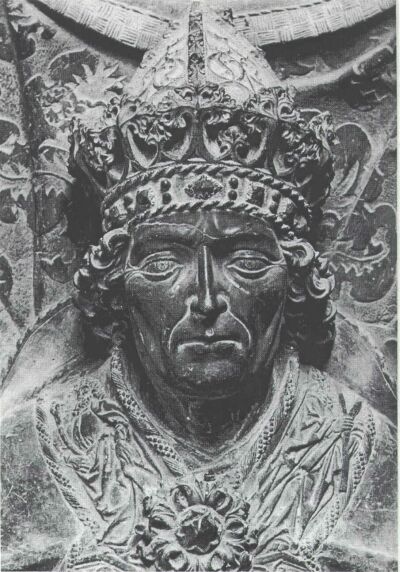
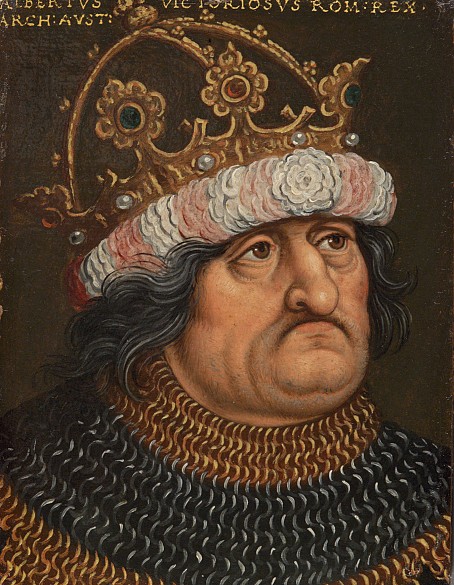
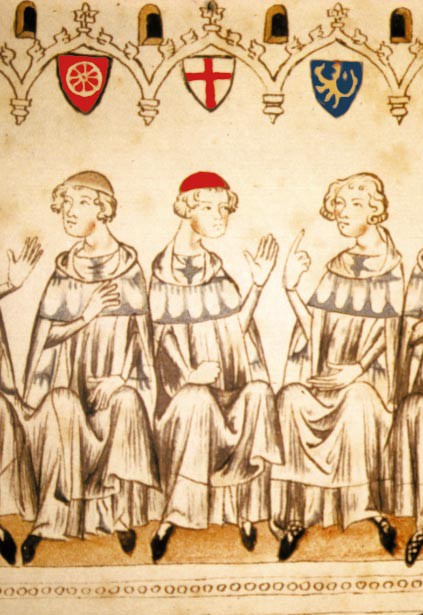
A year later, in 1314 the first German Kaiser from Munich was crowned in Aachen, throwing the city into the forefront of German politics for the first time, despite the want of his envious brother. The ingenious Louis not only managed to hold on to the German throne after a bloody war with his Habsburg cousin & rival Frederick the Fair (Frederick finally recognized Louis in 1325 as legitimate ruler) but he also managed to be crowned Holy Roman Emperor in Rome in 1328.
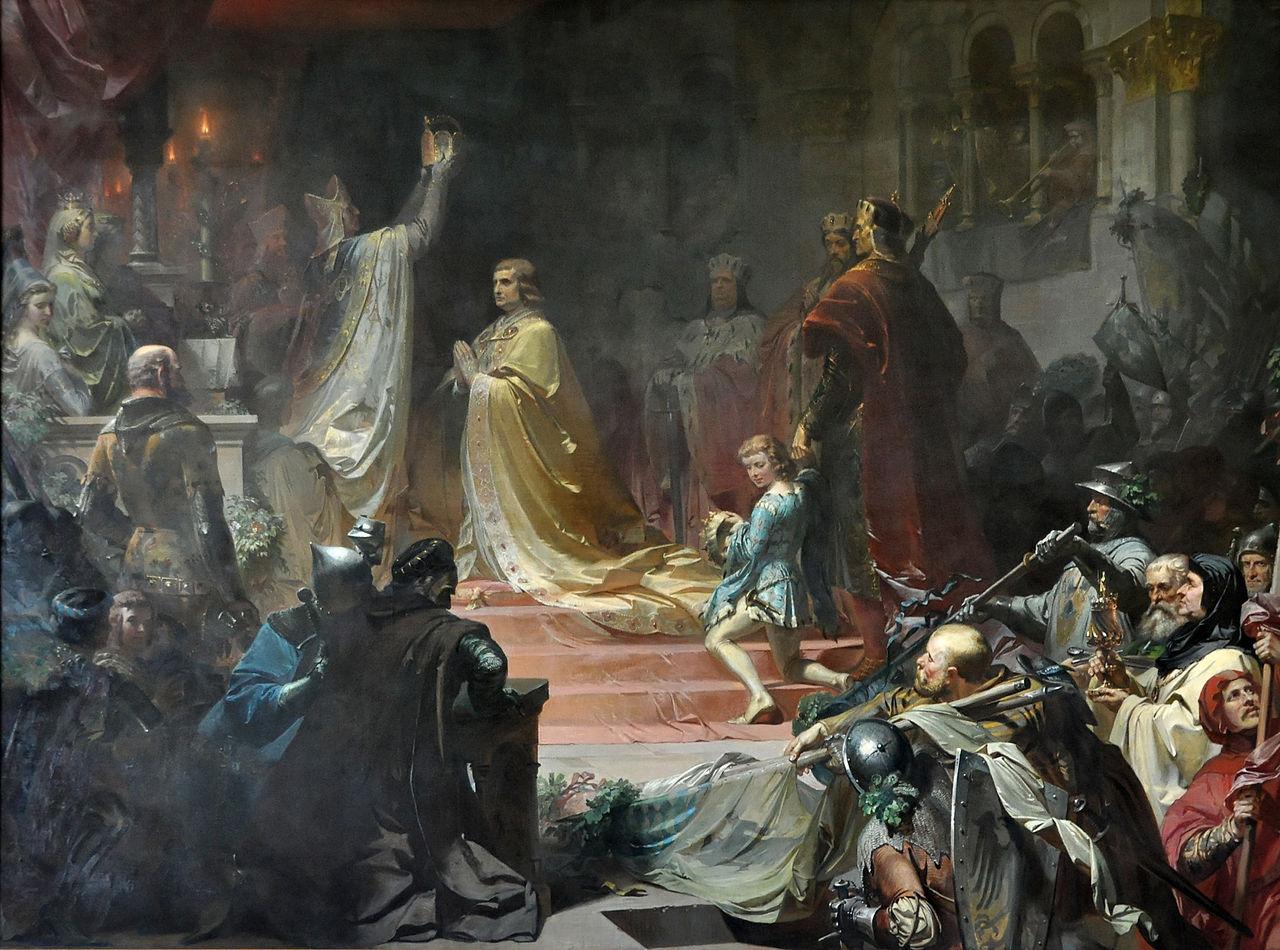
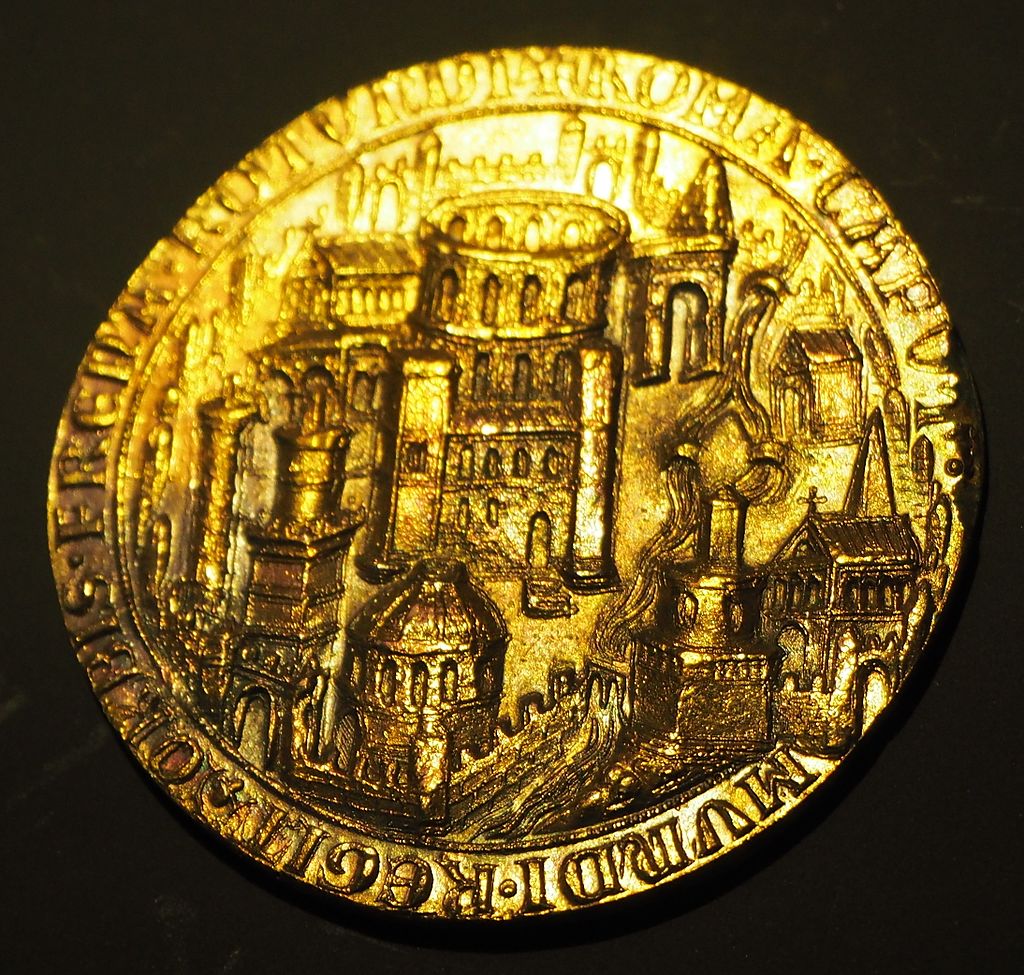
It was only natural that Munich would benefit from Louis’s success. The new fortifications, started by his father were completed in an expansion so generous that would encompass the city for the following 400 years; the Alter Hof became the permanent Imperial residence & most importantly the city gained a monopoly in salt trade with the route making an obligatory station in Munich. With the increase of trade, the Jewish presence in the city, already prominent in the 12th century, grew significantly, based on the credit, loan & money changing services it provided. In the same time it made Munich a favorable place for business & a center of trade in Southern Germany.
